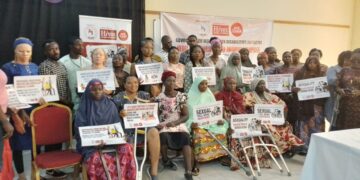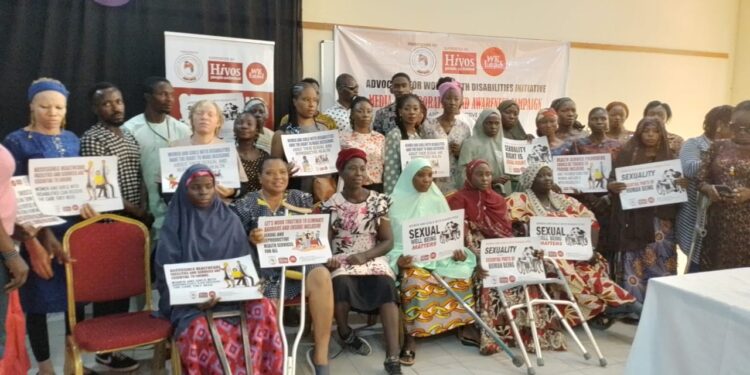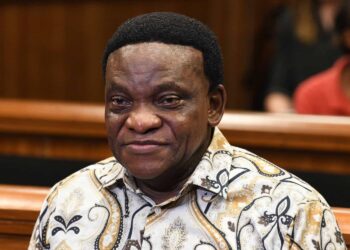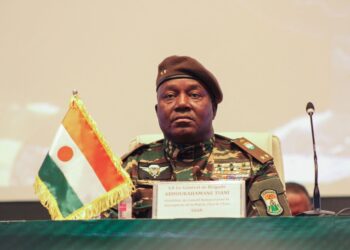By Ere-ebi Agedah Imisi
Advocacy For Women With Disabilities Initiative, AWWDI has raised concerns regarding the discrimination faced by women with disabilities, particularly concerning their sexual and reproductive health.
The group emphasizes that individuals with disabilities are equal members of society and are entitled to their conjugal and reproductive health rights as they urged both society and healthcare workers to assist in safeguarding these rights.
According to AWWDI when persons with disabilities, or PWDs, seek reproductive products such as condoms, they are often subjected to disdain and discrimination as the group called for an end to this unjust treatment of PWDs and advocated for inclusivity.
During a training event held in Abuja, aimed at educating journalists on proper reporting of issues concerning PWDs, Mr. Kolawole Jayeoba, AWWDI Programmes Manager, commended the media for its role in shaping public perceptions.
He stressed that the training aimed to bring attention to the specific needs and desires of women with disabilities concerning their sexual and reproductive health.
Jayeoba noted that the lack of sign language interpreters and difficulties in accessing healthcare facilities that are not designed with consideration for PWDs are causes for concern and constitute discriminatory practices.
He stated, “Women with disabilities are often denied reproductive healthcare and, at times, are even subjected to forced sterilization. When healthcare services are available, they may not be physically accessible for women with varying types of disabilities, or healthcare providers don’t know how to accommodate them.”
The misconceptions about women and girls with disabilities, according to Jayeoba, affect the way they are treated and addressed in healthcare settings when they seek assistance. He appealed to healthcare workers to develop a positive attitude towards women and girls with disabilities and advocated for the construction of public health institutions that consider people with wheelchairs, as well as the introduction of sign language interpreters.
‘’Women and girls with disabilities are subjected to multiple layers of discrimination. Based on their gender and disability status, they often face ‘double discrimination.’ This inequality is exacerbated for women and girls with disabilities who are members of marginalized ethnic or racial groups.” He said.
Also, Fasasi Monsurat, the FCT Coordinator of AWWDI, highlighted the communication challenges faced by women with hearing impairments when interacting with healthcare workers.
She called on authorities to prioritize the introduction of sign language interpretation in all healthcare facilities across the country to promote inclusiveness. Monsurat also suggested providing visually impaired patients with braille to enable them to read information directly from doctors.
She urged the media to prioritize issues concerning PWDs and called on healthcare workers to respect the rights of women and girls with disabilities to make decisions about their reproductive health.
The training, titled “Leave No One Behind (women and girls with disabilities in focus),” is expected to be conducted in various states across the country, as AWWDI aims to shed light on the specific challenges faced by women with disabilities and advocate for their rights and inclusion.




































